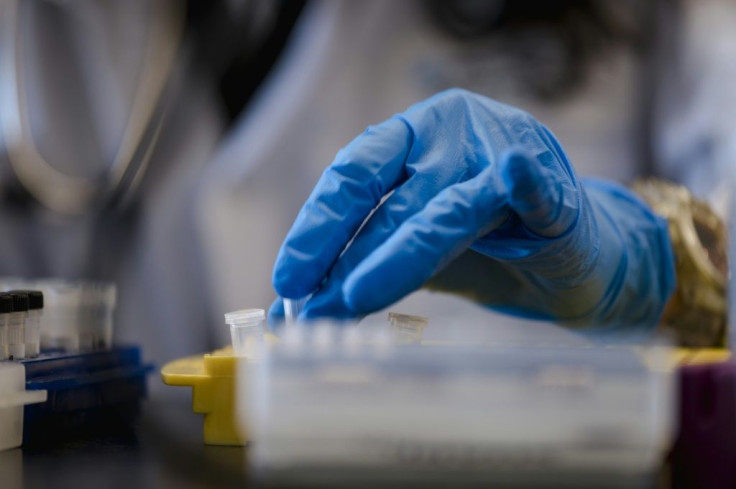‘Magic Mushroom’ Psychedelic Compound Shows Promise In Treatment of Depression
A small study done by researchers from London found psychedelic drugs may treat depression just as effectively as commonly prescribed antidepressants.
The results of the six-week study were published on Wednesday in The New England Journal of Medicine. Researchers conducted a Phase 2 clinical trial that compared the therapeutic doses of psilocybin, the psychedelic compound in magic mushrooms, with escitalopram, a selective serotonin reuptake inhibitor (SSRI).
During the trial, scientists from Imperial College London’s Centre for Psychedelic Research observed the functioning and moods of 59 adults.
Around 40 percent of the group had to be weaned off of the medication they were prescribed to treat their depression before the study began. Of the participants, 30 were given two 25 mg doses of psilocybin three weeks apart and also received daily placebo pills for six weeks.
The rest of the 29 participants were given a daily dose of the SSRI and only received a small dose of the psilocybin during two visits.
All participants received psychological support and were evaluated before they were deemed safe to go home. At the end of the trial, subjects were given a QIDS-SR-16 questionnaire.
Researchers found that subjects given psilocybin experienced more improvement for their depression compared to those who took escitalopram.
“We were honestly surprised that psilocybin performed as well as it did,” Robin Carhart-Harris, lead researcher of the study, stated.
Although secondary results revealed participants preferred psilocybin over escitalopram, researchers revealed more trials need to be done in order to gain a better understanding of the effects of psilocybin compared to antidepressants.
Nonetheless, Roland Griffiths, director of the Center for Psychedelic and Consciousness Research at Johns Hopkins University, revealed the results from the study by scientists in London appear promising.
“This is huge because it’s showing that psilocybin is at least as good — and probably better — than the gold standard treatment for depression,” he said.

© Copyright IBTimes 2025. All rights reserved.






















